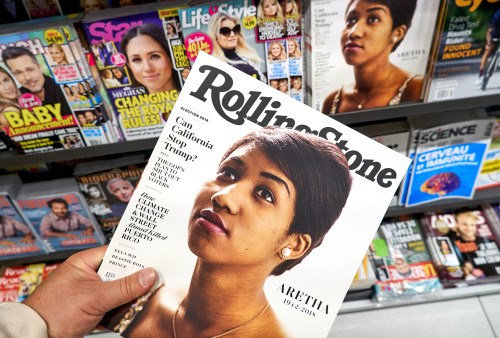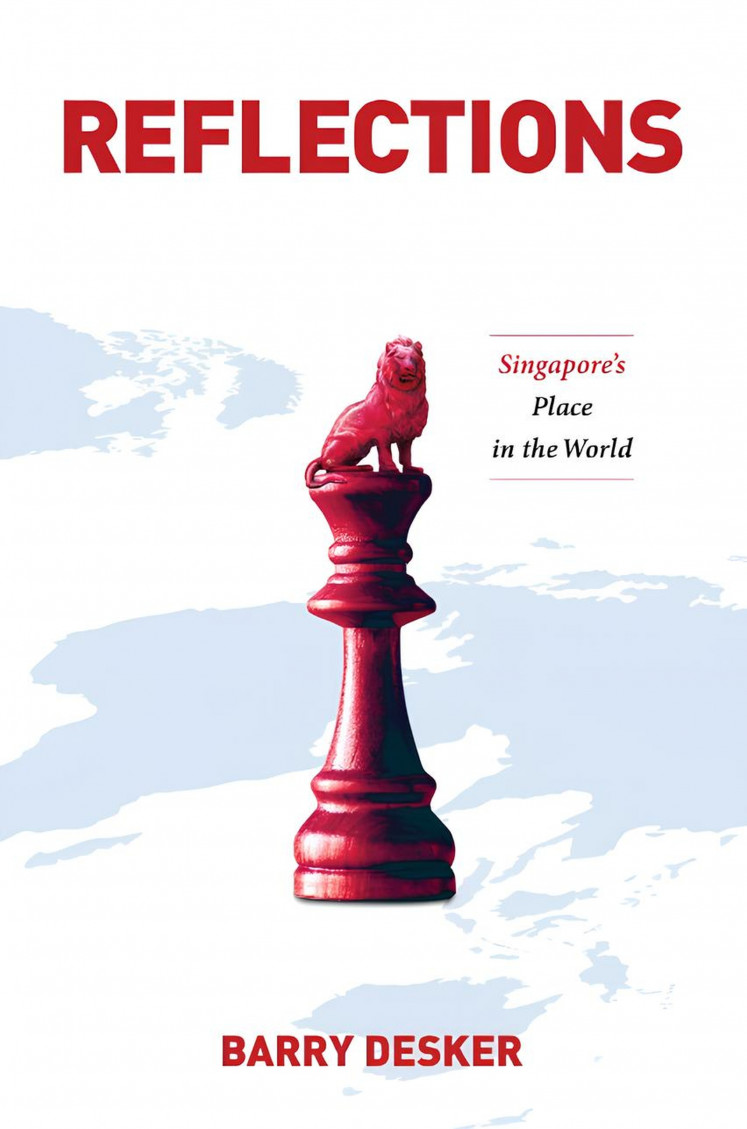Popular Reads
Top Results
Can't find what you're looking for?
View all search resultsPopular Reads
Top Results
Can't find what you're looking for?
View all search resultsWhy US music magazines are flocking to Seoul
Following Billboard, Rolling Stone launches Korean edition; Hollywood Reporter mulls entry.
Change text size
Gift Premium Articles
to Anyone
U
S music publication Rolling Stone recently announced plans to launch a Korean-language edition this month with the aim of broadening its K-pop coverage.
The iconic magazine, which has 11 international editions, will publish a bimonthly print edition in South Korea that features original content and on-the-ground reporting as well as syndicated articles.
Rolling Stone is the latest US music publication seeking its niche in the globally expanding K-pop industry. Its bigger rival Billboard, which saw its first Korean branch flop in 2014, relaunched an upgraded K-pop chart in 2017 and started issuing its new Korean edition in October last year. Hollywood Reporter, another big name in the US entertainment industry, is said to be seeking a local partner for a Korean entry, hoping to ride the wave of US music publications’ expansion into the home turf of K-pop.
“K-pop stories are very popular overseas. When they write stories about BTS or BLACKPINK, there are huge interests and clicks. Big publications may want to do business in Korea, building closer relationships with music labels and the local industry overall,” an official from a music distributor told The Korea Herald on condition of anonymity.
While this trend may be evidence of K-pop’s global appeal, some industry watchers expressed concern that the profit motive might overshadow the publications’ journalistic values.
“One of the biggest problems is that when these big publications come to Korea with a license, they tend to lose what they are known for -- journalism. They seem to spend too much time on business aspects like holding seemingly irrelevant events using the popular brand rather than writing insightful articles,” said an industry source, who did not wish to be identified.
Read also: K-pop's social media power spurs Thailand's youth protests
Billboard, for instance, seems to have made a big push since its Korean launch last year. But it is still rare for its locally produced stories to be reprinted in the main US magazine. There are no full-time K-pop reporters at the headquarters, and some freelance writers couldn’t extend their contracts due to recent budget cuts.
“It is true that there’s some skepticism about their Korean entry among industry people. It is totally up to the publications how to maintain or further expand their brand names in the picky Korean market,” he added.
Amid these mixed reactions, Joseph Park, founder of Rolling Stone Korea, shared his vision of what the new Korean edition would offer.
“While many of the global K-pop articles are focused on idols, we plan to cover various genres of local music industry, such as indie, folk and rock. The articles also will be printed in both Korean and English, which would be our biggest strength,” Park said.
“Continuing the creative legacy of Rolling Stone, we would like to write insightful articles that delve deep into the history of Korean pop music.”
This article appeared on The Korea Herald newspaper website, which is a member of Asia News Network and a media partner of The Jakarta Post











